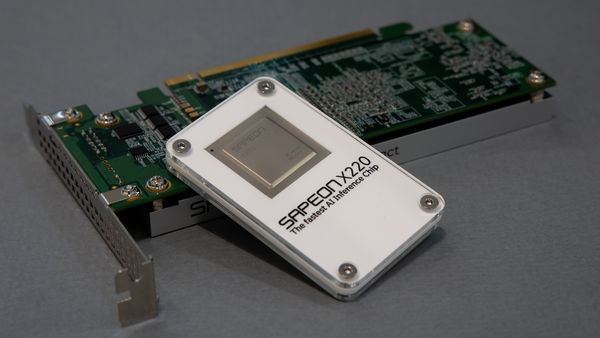Half of the top 10 global automakers rushing to make their own microchips: Study
- The automakers are slowly evolving into tech companies with their strategy to design and produce chips in-house.


The automotive world has been suffering from a microchip crisis for several months. The chip crisis has forced several global automakers to shut their plant temporarily. Not only that, the automakers are also facing a steep decline in sales due to the production loss and delay. According to estimates, the global auto industry lost several million vehicles production due to the chip crisis.
Also Read : Stellantis, Foxconn together to design and make flexible semiconductors
Taking lessons from this chip crisis and supply chain issue, several auto manufacturers are gearing up to produce their own microchips in house. According to research firm Gartner, the chip crisis, coupled with electrification and self-driving technology will result in half of the top ten global auto majors designing and building their own chips in-house, instead of relying on other suppliers. The research company also said that this strategy will give the respective automakers control over their product roadmap.
Also check these Cars
Currently, the majority of chip suppliers are Tier 3 or Tier 4 suppliers. This means they require a bit of time to adapt themselves to the coming changes. This can result in further delay in production. This is a key factor driving the automakers to go for their own chip design and production capacities.
Gartner also claims that the current chip crisis majorly involves the mature technology node devices that are fabricated on small eight-inch wafers. Hence, capacity expansion in this segment is difficult to keep pace with the emerging demand.
According to the research firm, the ongoing microchip crisis and the new strategy of automotive OEMs designing and manufacturing their own chips will evolve the traditional auto manufacturers into tech companies.
Modern cars and two-wheelers hugely rely on microchips for various functions. These include various safety functions, infotainment functions and other operations as well. During the worldwide lockdown, demands for consumer technology products increased massively, while the auto factories were closed. This situation drove the chipmakers to shift their focus on making chips for tech companies. Later when the auto industry restarted its operations, a major shortfall in microchips occured.








 2498 cc
2498 cc Diesel
Diesel



















